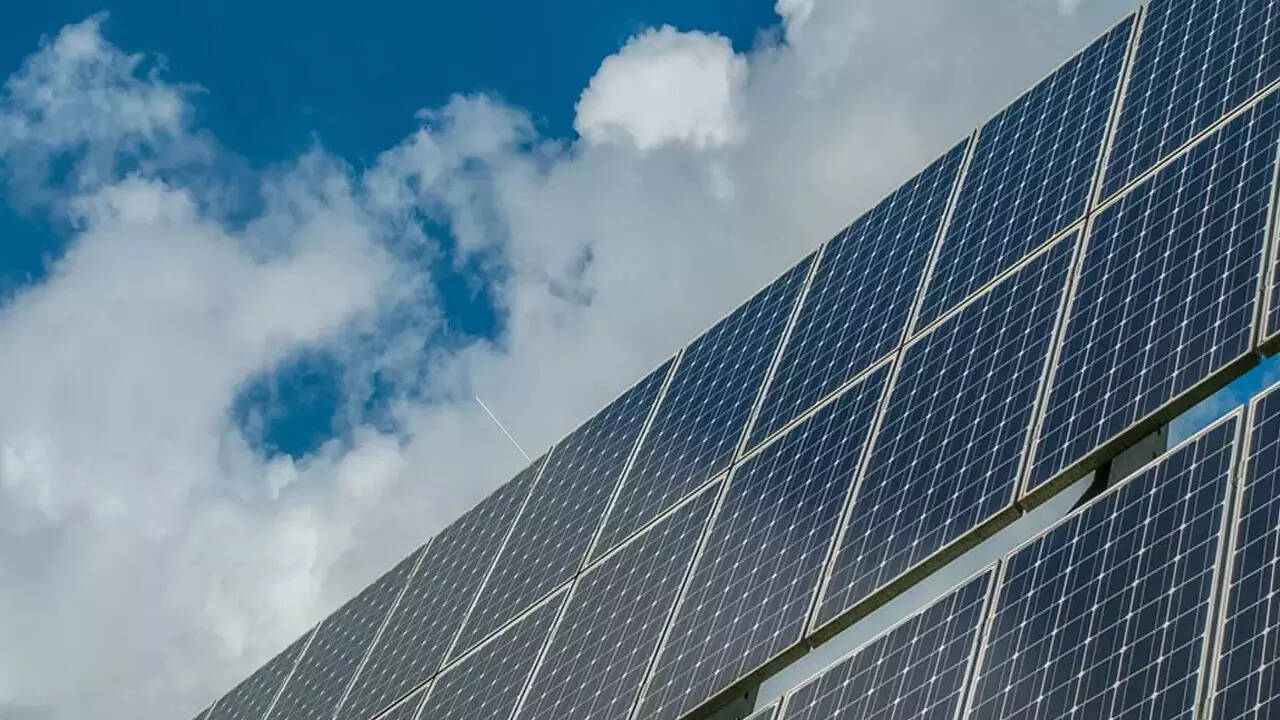
JAIPUR: Solar energy capacity in Rajasthan has crossed the 10,000-megawatt milestone, accounting for 20% of the total capacity in the country. Already the No. 1 state in terms of capacity, Rajasthan’s lead over Karnataka and Gujarat has further increased.
Additional chief secretary (mines, petroleum, energy) and CMD of RREC Subodh Agarwal said according to data issued by the ministry of new & renewable energy, Rajasthan has achieved more than 10GW solar capacity addition. “After the rollout of renewable energy policy, the scenario of the solar sector has drastically changed. Within the three-year period, 6,552MW additional capacity has been developed. Out of 49GW installed solar capacity in the country, Rajasthan has alone developed 10.5GW as of now,” he said.
‘New projects to firm up Raj’s position as largest solar hub’
He said the state would be a major contributor in achieving the Centre’s ambitious target of 500GW renewable energy capacity by 2030 announced by Prime Minister Narendra Modi.
Recently, the state government signed letter of intents and MoUs with public sector companies and private investors for a large number of projects.
“The pipeline of new projects is very robust and it will further firm up the state’s position as the largest solar hub in the country,” added Agarwal.
As per report, Karnataka is the second-highest with 7,534MW capacity and Gujarat at third position (6,309MW). Out of total 10,506MW in Rajasthan, ground mounted projects account for 9,552MW, 668MW from rooftop and 296MW capacity developed through offgrid solar systems. Solar industry members in the state said while the availability of barren and semi-fertile land has been a major driver of new projects, the manufacturing segment has not kept pace with the generation.
“We want to see the government reaching out to manufacturers to make solar components like cells, panels and inverters. Unless manufacturing picks up, the benefits to the state will remain limited,” said an industry representative.







